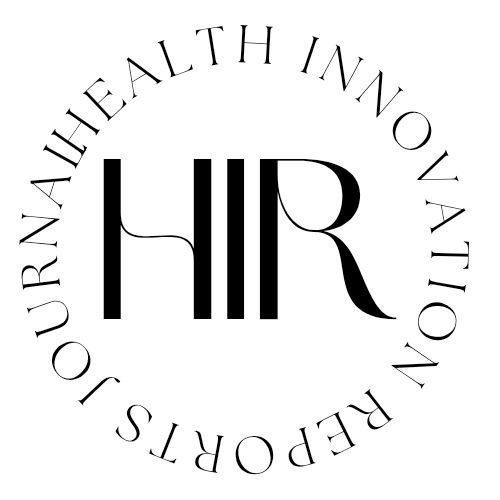
Health Innovation Reports
ISSN: 3080-7557
DOI: https://doi.org/10.64048
The publication ethics policy of Health Innovation Reports (HIR) is guided by the principles of the Committee on Publication Ethics (COPE) and reflects the professional and academic standards upheld by the HIR Editorial Board. All authors, reviewers, editors, and readers involved with the journal are expected to observe these standards. HIR is committed to ensuring the ethical integrity of every submission and reserves the right to accept or decline papers based on ethical merit. Further ethical guidance can be accessed via COPE.
Ensure that editorial decisions are made independently, without commercial or political influence.
Safeguard the transparency and credibility of the academic record.
Support editors and reviewers in maintaining ethical practices.
Detect and act on potential plagiarism or data manipulation.
Facilitate corrections, retractions, or clarifications when necessary.
Evaluate manuscripts solely on academic merit and relevance to the journal’s scope.
Maintain confidentiality of all submissions throughout the review process.
Uphold objectivity and transparency in editorial decisions.
Disclose and manage potential conflicts of interest.
Act upon suspected ethical violations with appropriate due diligence.
Avoid using unpublished materials for personal research without permission.
Provide fair, constructive, and timely feedback to improve manuscript quality.
Maintain confidentiality of manuscripts and refrain from sharing or misusing content.
Declare any conflicts of interest and decline reviews if impartiality is compromised.
Notify editors of any suspected research misconduct or ethical concerns.
Submit original work that is not under consideration elsewhere.
Clearly acknowledge sources, collaborators, and funding.
Ensure all listed authors meet authorship criteria and consent to publication.
Participate in the peer-review process when requested.
Respond cooperatively to editorial queries and revisions.
Disclose any potential conflicts of interest.
Promptly correct or retract the work if errors are identified post-publication.
Understand that submitted content may be screened for plagiarism.
Peer Review: HIR uses a double-blind peer review model, with details available on the journal website.
Editorial Structure: The journal maintains a qualified and transparent editorial board.
Open Access Policy: All articles are freely accessible; HIR does not charge authors APCs.
Misconduct Prevention: Submissions are checked using plagiarism detection tools, and editorial protocols exist to manage allegations.
Archiving and Preservation: Digital content is securely archived for long-term access.
Conflicts of Interest: Disclosures must be made at submission and are documented.
Publication Frequency: HIR publishes quarterly issues—January–February, April–May, July–August, October–November.
HIR treats ethical violations seriously and monitors the following:
Plagiarism: Copying text or ideas without attribution.
Fabrication or Falsification: Manipulating or inventing data.
Multiple or Duplicate Submission: Submitting to more than one journal simultaneously.
Improper Attribution: Failing to credit contributors appropriately.
Manipulative Citations: Including citations to boost personal or journal metrics.
Possible responses include:
Manuscript rejection
Author blacklisting for a fixed period
Editorial board removal
Notification to affiliated institutions
Publication of corrections or retractions when needed
HIR investigates all ethical concerns thoroughly and respectfully:
The editor will contact the corresponding author for clarification.
If the response is inadequate, the case may be reviewed by the ethics panel.
Actions range from warnings to submission bans, based on severity.
In extreme cases, retraction notices and institutional notifications may be issued.

Health Innovation Reports
ISSN: 3080-7557
DOI: https://doi.org/10.64048
Health Innovation Reports - Official Journal Website
Copyright © 2025 Health Innovation Reports. All rights reserved.
![]() Health Innovation Reports (ISSN: 3080-7557) is licensed under a Creative Commons Attribution License 4.0 (CC BY 4.0).
Health Innovation Reports (ISSN: 3080-7557) is licensed under a Creative Commons Attribution License 4.0 (CC BY 4.0).